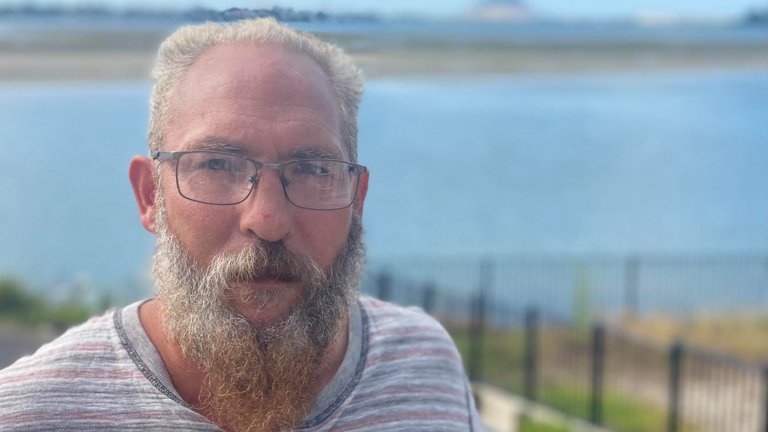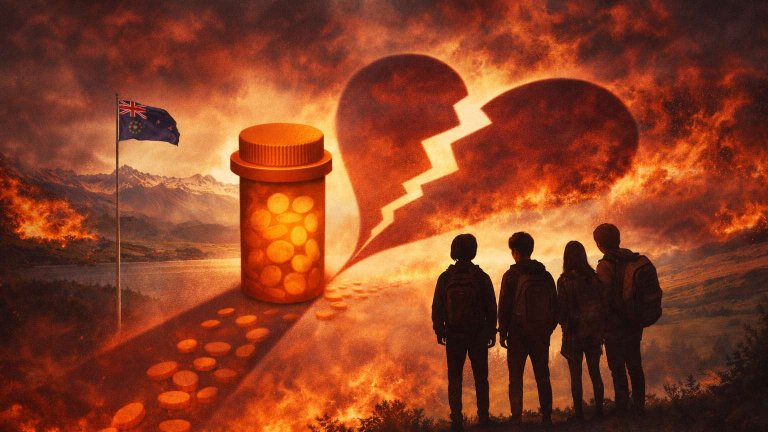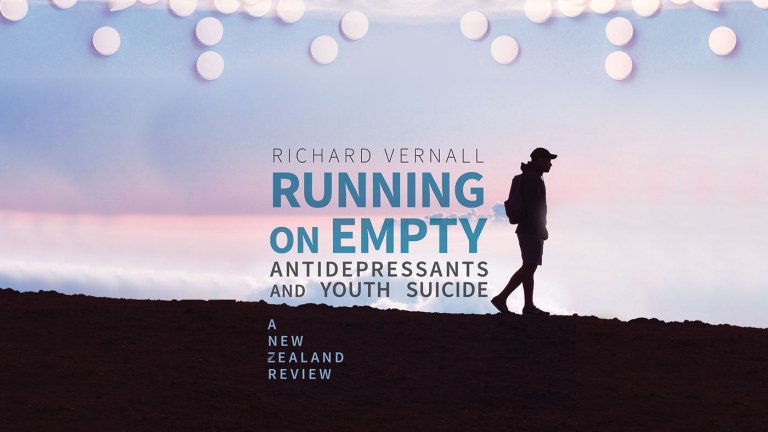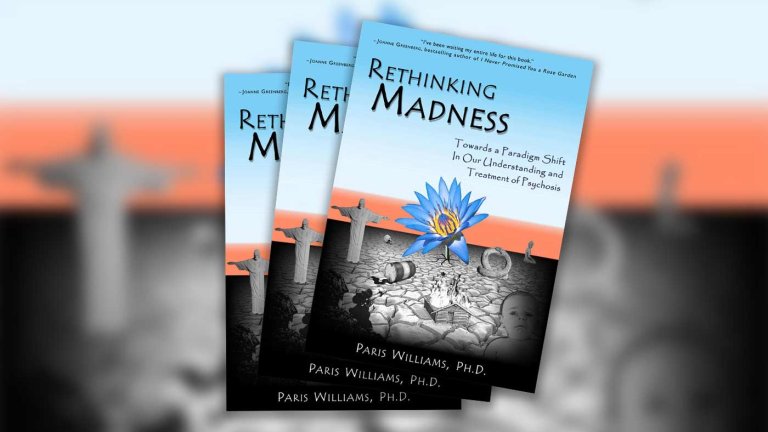Unpacking the Impact of Mental Health Awareness: Could It Be Making Things Worse?
A new study called "A Closer Look at the Mental Health Awareness Effect" delves into the potential consequences of recent campaigns aiming to shed light on mental health issues. Researchers Lucy Foulkes and Jack L. Andrews suggest that these campaigns, while trying to help, might actually be part of the reason why more people are reporting mental health problems. Let's break it down in simpler terms.
You know those ads and programs that try to make mental health less of a taboo? Well, they've been successful in some ways. People are now more aware and better at recognizing mental health issues, and that's a good thing. But here's where it gets tricky.
The researchers are concerned about something called "overinterpretation." This means that because of all the awareness, some folks might start thinking they have mental health problems even if their feelings are just normal, everyday stress or anxiety. It's like if you hear about a disease and suddenly think you might have it, even if you're just feeling a bit under the weather.
The study suggests that by labeling everyday feelings as mental health problems, people might end up actually feeling worse. Imagine thinking your normal anxiety is a severe mental health issue—it could change how you see yourself and make you avoid things that might actually help.
The researchers say it's like a cycle: the more people report mental health problems, the more awareness campaigns there are, and then more people report problems, and so on. It's like a loop that keeps getting bigger.
The study concludes by saying we need to check if this is really happening. They want to do more research to see if all these mental health awareness efforts are doing more harm than good. They also suggest we need better guidance on how to talk about mental health without making things more difficult for ourselves.
So, the big takeaway:
Mental health awareness is important, but we need to be careful it's not making us see problems where they might not really be. Couple this with the very real possibility of ending up in a doctors office and being prescribed antidepressants. You certainly wouldn’t want to end up being medicated for something you don’t actually have, would you?
Study link:
https://www.sciencedirect.com/science/article/pii/S0732118X2300003X






